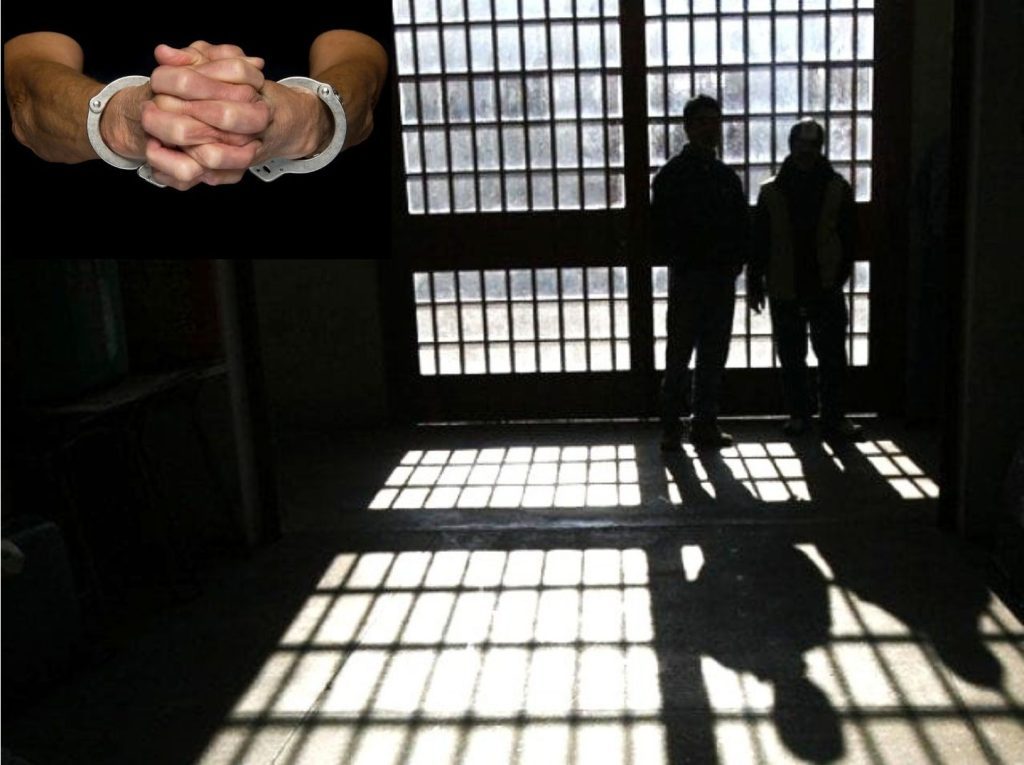
By our correspondent
KARACHI: A young man has once again fallen victim to the unchecked authority of the police in Karachi as police alleged to kill him extrajudicially in custody. The growing incidents of police brutality in Sindh, particularly in Karachi raise troubling questions about law enforcement in the city. Despite the public’s tolerance of alleged corrupt officers within the force, the level of lawlessness has now reached a point where taking an innocent life and passing it off as a natural death is no longer an anomaly.
In a shocking incident, a young man named Waqas reportedly lost his life due to alleged police torture in the lock-up of Preedy Police Station. The incident followed a minor accident in which Waqas’ motorbike collided with that of Constable Usama, who seemingly the cause of this arbitrary arrest along with three others. However, after victim’s death, the three detainees were mysteriously released without explanation.
The agony for Waqas’ family has been further compounded by the police’s refusal to release his body. His relatives fear that an independent post-mortem could contradict the police’s version of events, prompting them to suspect a deliberate cover-up. According to Waqas’ family, the police are using various tactics to protect constable Usama. They claim that Waqas was an ordinary citizen, minding his own business, when he became the target of a vengeful police constable. They allege that the constable subjected him to overnight torture at the station, ultimately leading to his death.
The family further states that the police had initially registered an FIR against Waqas, citing damage to constable’s motorbike and some mysteriously missing items. However, the next morning, they were informed of his sudden demise by the Preedy police. Their worst fears were confirmed when they saw his body, bearing clear signs of brutal torture. Now, all eyes are on the post-mortem report, which could either confirm or refute their allegations. The delay in handing over the body only adds to suspicions that the police are manipulating the medical examination.
Meanwhile, the Station House Officer (SHO) of Preedy Police Station insisted that the body would only be handed over after the post-mortem would be conducted. He maintained that the cause of death would only be determined following a medical examination. As Karachi grapples with increasing instances of alleged police excesses, the case of Waqas serves as yet another grim reminder of the urgent need for accountability within the force. The question remains—how many more innocent lives will be lost before justice is served?



